Natural farming is a chemical-free approach to agriculture, which attempts to mimic nature’s processes to create a sustainable ecosystem where plants and animals can thrive without harming the environment.
It was first introduced by Mr. Masanobu Fukuoka, a Japanese Farmer, as a do-nothing approach to farming, which did not include common farming practices such as plowing, tilling, weeding, or even composting.
However, this approach has evolved quite a bit, influencing the creation of several other systems, such as Korean Natural Farming (Korea) and Zero Budget Natural Farming (India), which also avoids synthetic chemical, but allows the use of sustainable practices.
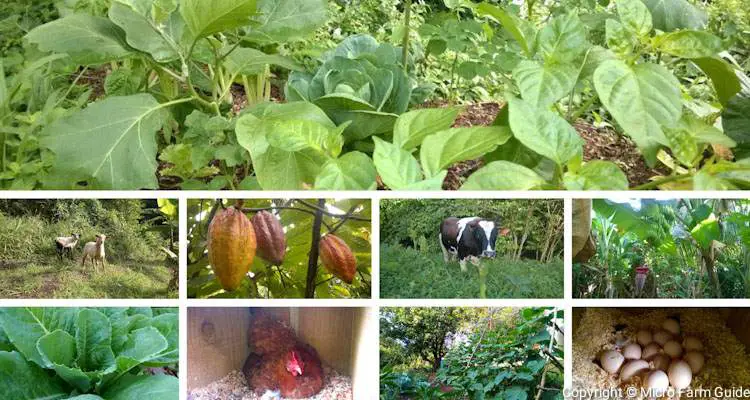
Natural farming is based on indigenous farming techniques, which have been used to produce food successfully for thousands of years, long before synthetic fertilizers and pesticides existed.
So, if you’re ready to learn about a simple, cost-effective, and nature-friendly farming technique, you’re in for a treat.
In this beginner’s guide, we will explore what it means to embrace natural farming, including the basics, benefits, and some practical tips to get started.
3 Basic Principles Of Natural Farming
If you wish to understand Natural Farming, we’ll first need to look at the basics. See, Natural Farming aims to provide farmers with a simple, practical farming system.
To achieve this, you’ll need to rely on several principles. The most well-known of these are as follows:
1. Learn From Nature
By observing how the different components in nature interact, natural farmers can modify their approach to successfully farm the land without disrupting the environment’s delicate balance.
For example, we can determine the need for different types of trees, their required spacing, and other conditions by looking at nearby food forests or other successful systems.
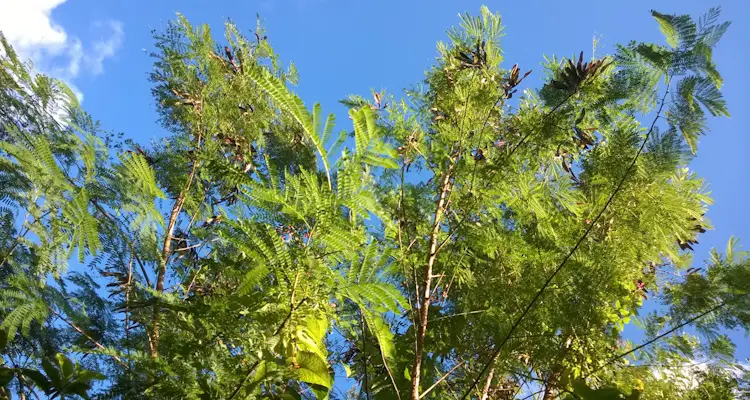
This provides us with a model for a sustainable ecosystem that we can use as inspiration and starting point to:
2. Build Healthy Soil
As natural farmers, we seek to improve the soil, by not disturb its structure. We try to do this by not plowing the soil, but continuously adding organic material and microorganism solutions.
For example, techniques such as composting and mulching have been used by farmers for hundreds, if not thousands, of years, an are now used by some natural farmers.
In essence, our aim is to feed the soil, or more so the microorganisms within, which in turn provides nutrients for our plants. However, this is only possible if practitioners:
3. Use Little To No Chemicals
By definition, natural farming avoids using harmful pesticides and synthetic fertilizers.This protects the soil and animal life on the farm. While also ensuring that produce from the farm is free from chemical residue.
Unlike conventional practices, natural farming seeks alternatives to chemical inputs. Sometimes these include alternatives such as natural fertilizers and pesticides made from organic materials.
By using these natural inputs, farmers can provide plants with the nutrients and protection they need without negatively impacting the environment.
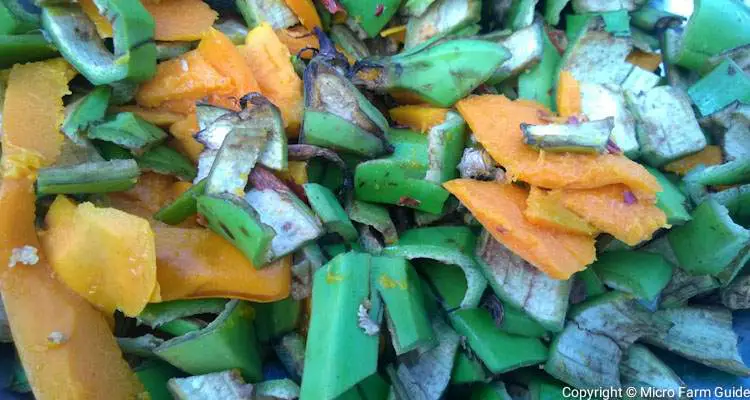
These basic principles allow natural farmers to create eco-friendly food production systems with little impact on the surroundings. That said, let’s take a look at:
3 Benefits of Natural Farming
Natural farming is a lot of work. So, in case you’re wondering if it’s even worth the effort, let’s explore some of the incredible benefits.
1. Healthier Food
First, we must remember that the main reason to grow food is to get a harvest. However, the quality of this harvest will depend on how you treat your plants and what you add to them.
For example, in conventional agriculture, some residue will remain on the surface of your produce if you use harmful chemicals to protect your crop. This can find its way into your body, if not processed properly.
In contrast, you do not need to worry about chemical contamination in natural farming since synthetic chemicals are not allowed in the first place.
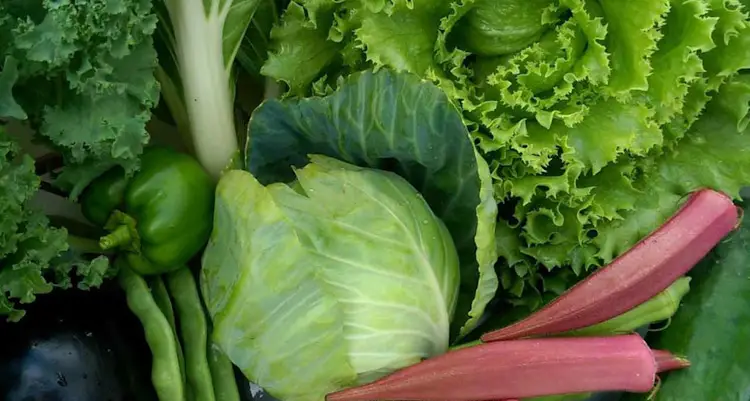
As a result, you can confidently bite into food from a natural farm, knowing that it is free of harmful chemicals and other contaminants. This also:
2. Protects the Environment
By avoiding chemical agents, you are also removing any chance of soil and water contamination.
In fact, natural farming can improve soil life and help remove existing compaction and mineral build-up created by conventional farming practices.
So, by relying on natural farming practices, you are protecting the beauty of your surroundings and reversing some of the damage done by your predecessors.

And from a business standpoint, it also makes sense since it allows the farmer to:
3. Save Money
Farmers don’t have to waste money on expensive chemicals or certified farming inputs in natural farming.
Instead, they use natural processes such as composting, fermentation, and biodiversity to control weeds, supply nutrients, and protect their crops.
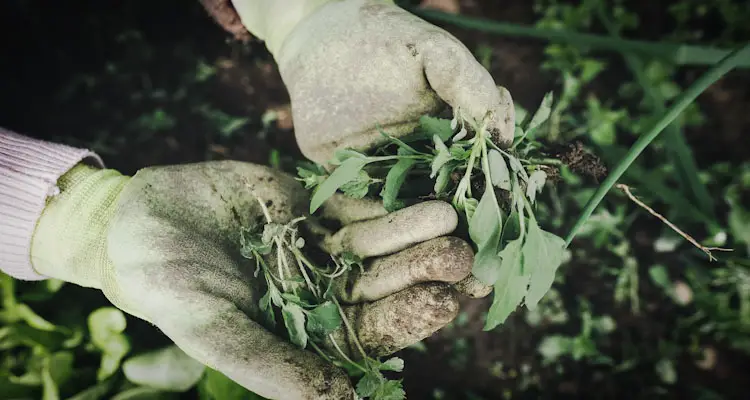
This can cut expenses considerably since they are no longer subjected to ever-increasing prices of synthetic fertilizers, chemical pesticides, and other soil amendments.
However, based on your location and the size of your farm, you might end up spending quite a bit on labor. So, natural farmers must consider this when designing and operating their systems.
Getting Started with Natural Farming
Natural farming takes a lot of effort, especially when setting up a system.
However, you can save yourself a lot of frustration if you take the time to research and get started on the right foot. To do this, you should first:
1. Learn the Basics
There are several principles and skills you’ll want to practice until they become second nature. Notice, I said practice and not just learn. Since the most effective way to learn is by doing.
So, while researching the principles of design and operation of natural farms, you can start composting kitchen scraps, fallen leaves, and other organic materials.
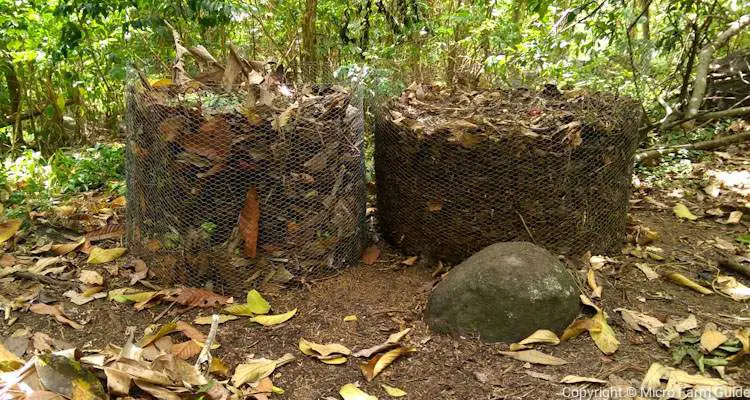
Then, you learn how to prepare nutrient solutions and microorganism solutions. These solutions will prove essential in building the foundation for your soil’s fertility. Afterward, you’ll need to:
2. Choose Your Plants
Diversity is the key to the success of natural farming systems. And how the different parts interact can make or break the system.
As a result, you must start by choosing the right combination of plants and possibly animals to create your system.
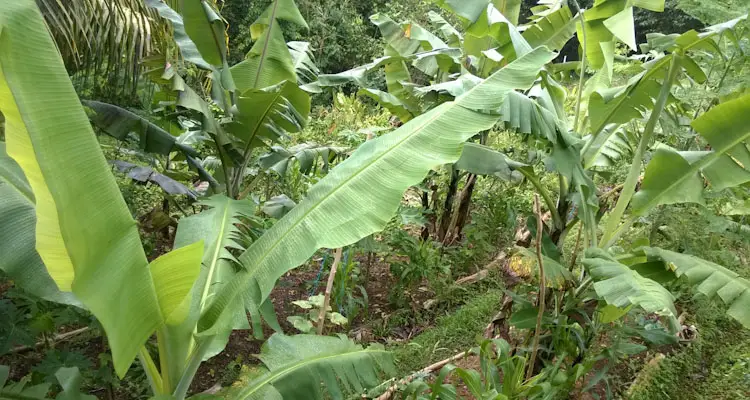
You can start by researching crops well-suited to your area’s climate. So, don’t be afraid to mix and match for a garden full of plants and animals that support each other like old friends.
However, this doesn’t happen overnight. So you’ll have to:
3. Be Patient
Remember, Rome wasn’t built in a day, and neither is a thriving natural farm. Sometimes, it can take several years for the system to become self-sustaining.
However, this all depends on your goals and design for the system. Some farmers keep the system from advancing. So, while it may not need chemical inputs, it will require continuous use of natural solutions and other amendments to keep the system balanced.
Regardless of your goal, you have to be patient and monitor the progress. To ensure you are making the most of your journey, here are:
3 Tips for Successful Natural Farming
Once you decide to progress with your natural farming adventure, you’ll need to focus on the basics.
Here are some tips to ensure your success. For starters, you’ll have to remember that:
1. Observation is Key
Nature is your best teacher. You can learn a lot by observing local forests and other natural systems.
Also, you’ll need to monitor your plants, but more importantly, the “weeds” and pests. Remember, these are indicators of the health of your soil and ecosystem.
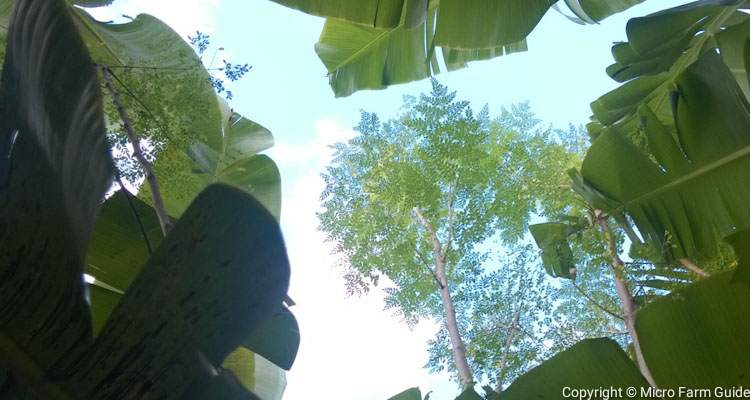
So, by taking a few minutes each day, you’ll be more aware of the needs of your farm and current state of natural succession. Then, be ready to make the necessary changes to your system so long as you:
2. Use Natural Resources
Nature provides all the materials you need. Collect rainwater, kitchen scraps, and other plant and animal remains to create the necessary nutrient and microorganism solutions.
Remember, there is no such thing as waste on a farm, just a lack of knowledge on how to use it. So, learn as much as possible about using animal manures, leaf mold, grass clippings, and other leftovers.
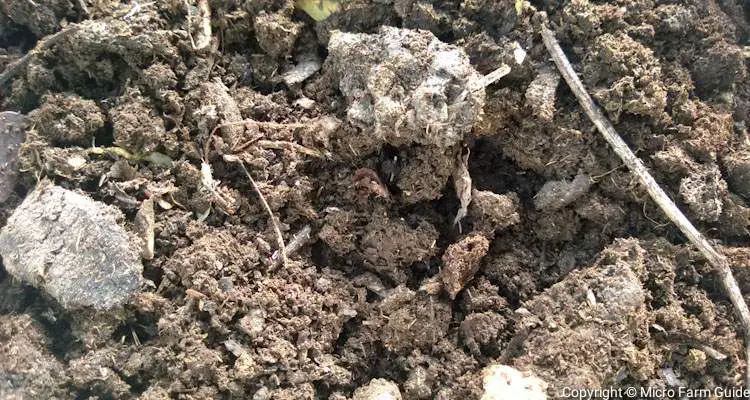
However, this also means you’ll need to have a wide range of materials available to use. This is one of the reasons why you need to:
3. Embrace Biodiversity
The success of a natural farming system depends on how well it creates a balanced ecosystem. Each plant, animal, and even microorganism has its role to play in this system.
For example, some plants deter pests, while animals provide manure, and together they all help to improve the structure of the soil.
These simple mini-systems are overflowing with complex, mutually beneficial relationships.
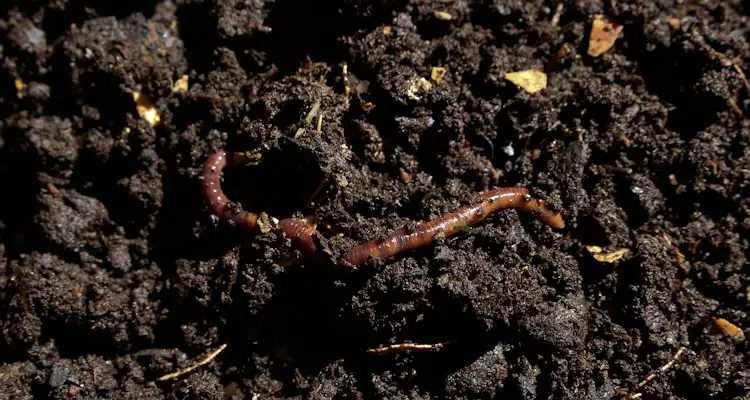
Thankfully, you do not need to know all the details, so long as you provide the conditions the system needs to keep everything balanced.
Final Thoughts
In this short guide, we’ve explored the basics of Natural Farming and some things to consider before starting. We’ve discussed the benefits of the system and tips to create a successful farm.
But this is just the start of your natural farming journey. If you’re eager to learn more about this and related farming systems…
Check out our Natural Farming page. There, you’ll find several tips and inspiration to get you started on your farming adventure. Happy farming!
Related Questions
What is the meaning of natural farming?
Natural farming is an agricultural approach that imitates nature’s processes to create a sustainable ecosystem where plants and animals can thrive without harming the environment.
What is the difference between organic farming and natural farming?
The main difference between organic and natural farming is that organic farming allows certain chemicals while natural farming does not. Instead, it relies on natural substances and solutions created using biological processes such as fermentation.
Is organic farming natural?
Organic farming is designed to use naturally occurring substances and solutions but also permits certain “safe chemicals.” This means that organic agriculture is not necessarily natural..
References
National Center For Organic And Natural Farming. Concept of Natural Farming. ncof.dacnet.nic.in. Accessed September 2023
University Of Reading. Zero Budget Natural Farming… research.reading.ac.uk. Accessed September 2023

